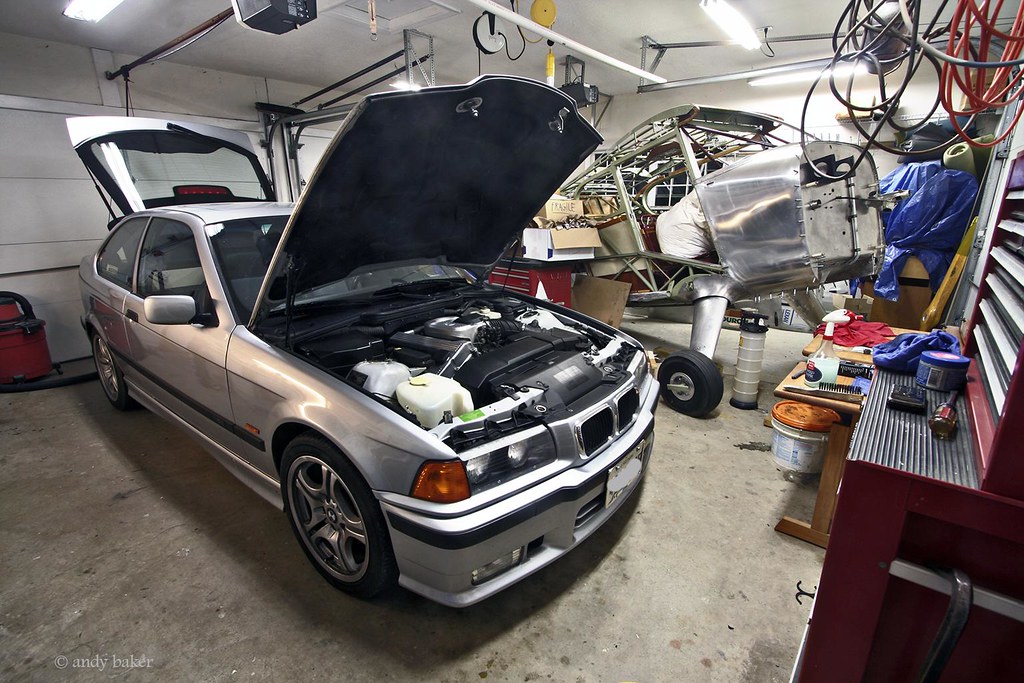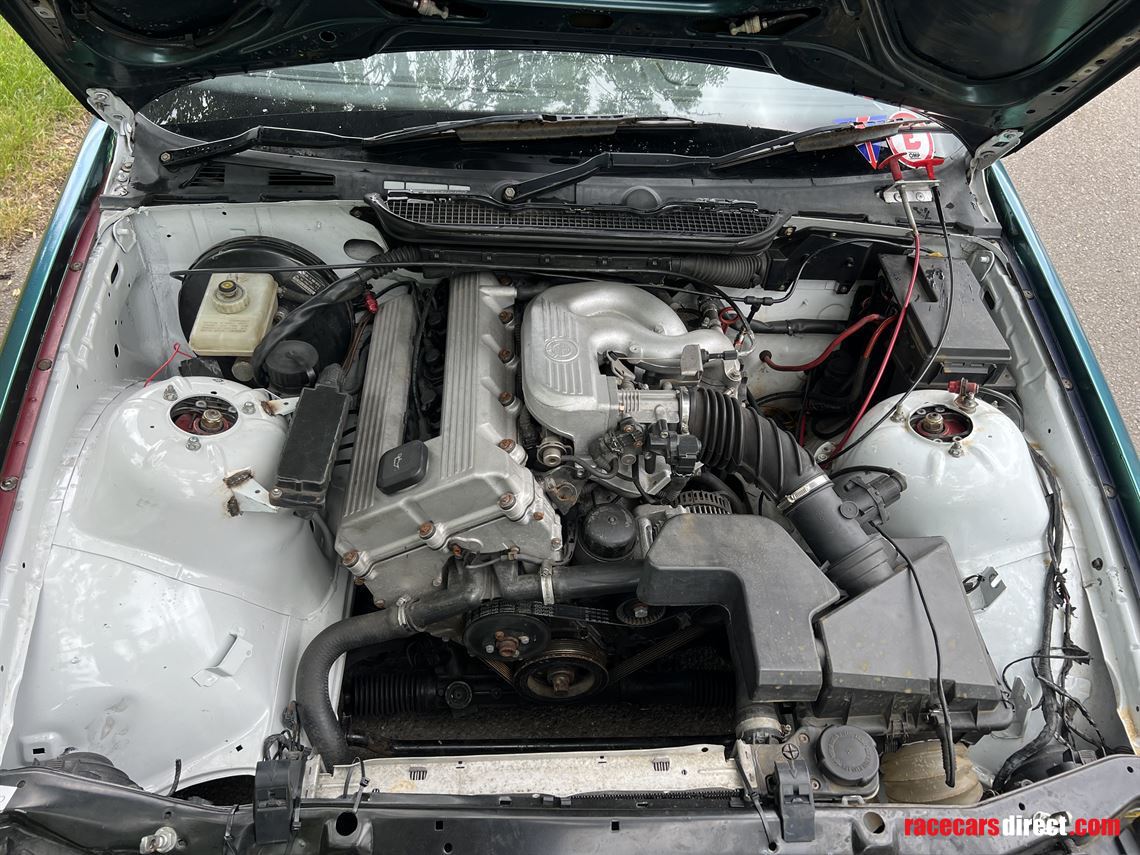BMW 318ti: A Comprehensive Guide to This Compact Giant
Vital Considerations for Choosing the most effective Engine for Your Demands
In the realm of selecting the ideal engine to meet your requirements, a number of crucial aspects demand precise factor to consider to make certain optimum efficiency and efficiency. From the nuanced balance between power and efficiency to the often-overlooked elements of maintenance and solution demands, each element plays an essential function in identifying one of the most ideal engine for your specific demands. As the complexity of engine modern technologies remains to advance, critical the most fitting option requires a deep understanding of the interplay between various factors to consider. By checking out the detailed internet of elements that underpin this decision-making procedure, a more clear path arises towards selecting an engine that not just meets yet exceeds your expectations.
Power and Performance
When reviewing engines for ideal performance, it is essential to prioritize both power output and performance. Power result measures the capacity of an engine to generate power, which directly impacts its efficiency. A high power result is vital for demanding tasks such as high-speed needs or heavy-duty applications. It makes certain that the engine can deal with the workload successfully and effectively. Nonetheless, power alone is not enough; effectiveness plays a considerable function in establishing the general efficiency of an engine. Effectiveness describes exactly how well the engine transforms fuel into functional power. An extra reliable engine will certainly supply better gas mileage, lower exhausts, and lowered operating expense. Striking the appropriate equilibrium in between power outcome and performance is crucial to picking an engine that fulfills your particular demands. It is vital to think about factors such as the intended use of the engine, ecological influence, and lasting price effects when making this choice. By meticulously assessing both power and efficiency, you can select an engine that provides optimum efficiency and meets your needs properly.
Gas Efficiency and Economic Climate
In the realm of engine selection, the consideration of fuel effectiveness and economy holds paramount significance. Fuel effectiveness refers to the engine's capability to convert fuel into power with marginal waste, straight impacting operating expense and ecological sustainability. bmw 318ti. When choosing an engine, evaluating its gas economic situation is crucial to determine long-lasting savings and environmental effect. Engines with higher gas performance not just minimize fuel expenditures yet also lower carbon emissions, contributing to a greener procedure.

Compatibility and Application
Thinking about the gas performance and economic situation of an engine, the next crucial aspect to address is its compatibility and application within certain functional contexts. Compatibility refers to just how well the engine incorporates with the general system or devices it powers. It includes elements such as physical measurements, placing choices, electrical interfaces, and control systems. Ensuring compatibility is important to avoid problems such as getting too hot, resonances, or power inequalities (bmw 318ti).
In addition, the application of the engine is just as crucial. Various engines are developed for specific functions, whether it be commercial equipment, marine vessels, automobiles, or power generators. Recognizing the intended application permits the option of an engine that can deliver the required power outcome, torque, and functional characteristics. A high-revving engine developed for efficiency autos would not be ideal for heavy-duty building devices that calls for high torque at reduced rates.
Maintenance and Service Requirements
Upkeep and service demands play a vital function in ensuring the long life and ideal efficiency of an engine. Routine upkeep is essential to protect against malfunctions, expand the life expectancy of the engine, and keep its performance. When picking an engine, it is necessary to consider the maker's suggested maintenance timetable and the availability of solution facilities or qualified service technicians.
Aspects such as the frequency of oil adjustments, filter substitutes, and overall examinations can substantially impact the engine's efficiency. Some engines might call for more frequent servicing based on their layout and use, while others might have longer periods between maintenance checks. It is crucial to stick to these service demands to stay clear of pricey repair work and unanticipated downtime.

Price and Budget Plan Factors To Consider
Budget constraints often play a substantial role in the decision-making process when choosing an engine for a specific application. When thinking about the cost and spending plan effects of choosing an engine, it is vital to assess not just the first purchase price but also the lasting expenditures related to upkeep, fuel usage, and potential upgrades or repairs. It is critical to strike an equilibrium between the upfront price of the engine and its total lifecycle expenses to make sure that the chosen engine stays economically sustainable throughout its functional life expectancy.
Elements such as gas effectiveness, sturdiness, and reliability can straight influence the overall expense of possession of an engine. While a much more costly engine may have greater in advance costs, it could possibly result in lower maintenance and fuel expenditures over time, therefore providing far better worth in the long run.
Verdict

Gas performance refers to the engine's capability to convert gas into energy with minimal waste, straight impacting operating costs and environmental sustainability.Variables affecting gas effectiveness include engine layout, burning efficiency, and general efficiency optimization. Additionally, choosing the appropriate gas type and quality as advised by the engine manufacturer can further improve effectiveness and extend engine lifespan.
Engines with excellent serviceability features and readily offered components can reduce upkeep expenses and decrease the time the engine is out of procedure - bmw 318ti. It is essential to strike an equilibrium between the upfront cost of the engine and its total lifecycle prices to ensure that the chosen engine continues to be monetarily sustainable throughout its functional lifespan